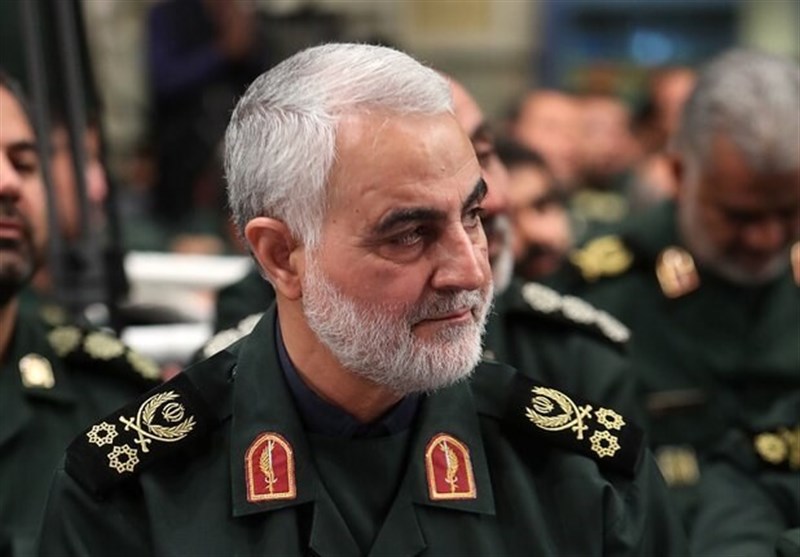
PEJOURNAL – The US Department of Defense reportedly issued threat warnings last month to several senior staff members who were involved in the January 3 assassination of Iranian Quds Force commander Maj. Gen. Qasem Soleimani that they faced an active threat against them while on US soil, five senior officials told NBC News.
According to the report, the threat remains active, but the officials did not note a definitive link between the threat and the January 3 drone strike outside Baghdad International Airport that killed the Iranian commander and several senior Iraqi military leaders.
According to NBC, the briefing at which the officials who spoke with the outlet gained the information followed a September 22 incident in which an Iranian national aggressively tailed a government-owned black SUV carrying a senior Pentagon official. The Pentagon and FBI reportedly disagree about whether or not it was a serious attempt to target that individual, though.
However, the driver of the vehicle has not been tracked down, as the incident ended after the government driver lost the tail with evasive driving.
Several days after Gen. Soleimani’s killing, Iran launched dozens of ballistic missiles armed with conventional warheads at two US bases in Iraq in what it called Operation Martyr Soleimani. No US service members were killed in that attack, but as a result of the military’s high alert during the operation, a Ukrainian airliner was shot down by Iranian anti-air missiles after being mistaken for a US aircraft, killing all 176 aboard.
However, on September 13, US media began reporting that US intelligence reports pointed to an Iranian plot to assassinate Lana Marks, the US ambassador to South Africa, in revenge for Gen. Soleimani’s death, remarking the threat had existed since the spring.
US President Donald Trump tweeted out a warning the following day in response to the story, writing, “Any attack by Iran, in any form, against the United States will be met with an attack on Iran that will be 1,000 times greater in magnitude!”
In response, Maj. Gen. Hossein Salami, commander of the Islamic Revolutionary Guard Corps (IRGC), of which the Quds Force is an elite division, said on September 19: “Mr. Trump! Our revenge for martyrdom of our great general is obvious, serious and real,” according to Iran’s Kayhan News.
“We will be targeting those who were directly or indirectly involved in the martyrdom of the great Gen. Haj Qasem Soleimani,” Salami added, clarifying that “a female ambassador to South Africa” was not worth “the blood of our martyr brother.”
“We are an honorable people and fair, and we take revenge fairly and justly, which is why we did not target your soldiers at Ain al-Asad” air base, he noted.
However, even the prospect of killing a top US general would not be adequate revenge for Gen. Soleimani’s loss, Brig. Gen. Yadollah Javani, the IRGC deputy commander for political affairs, mused in August.
“Given the intrinsic value of Gen. Soleimani, it would be impossible to find anyone who is equally valuable among US military officials. He is of so much value to the Resistance Front that we cannot find anyone similar to retaliate against,” Javani said, according to Fars News Agency. He added the only true revenge would be for the US to be expelled from the Middle East.
Trump regularly invokes Gen. Soleimani at his political rallies, touting the Iranian commander’s death alongside that of ISIS leader Abu Bakr al-Baghdadi as successes of his presidency.
Ironically, Gen. Soleimani achieved international recognition after leading Iran’s and Iraq’s fight against ISIS that successfully evicted the movement from Iraq in late 2017. Trump claimed Gen. Soleimani had masterminded attacks against US soldiers and was planning more, although his claim the Iranian general would have attempted to blow up four US embassies had he not been extrajudicially killed was openly shot down by Defense Secretary Mark Esper on national television.